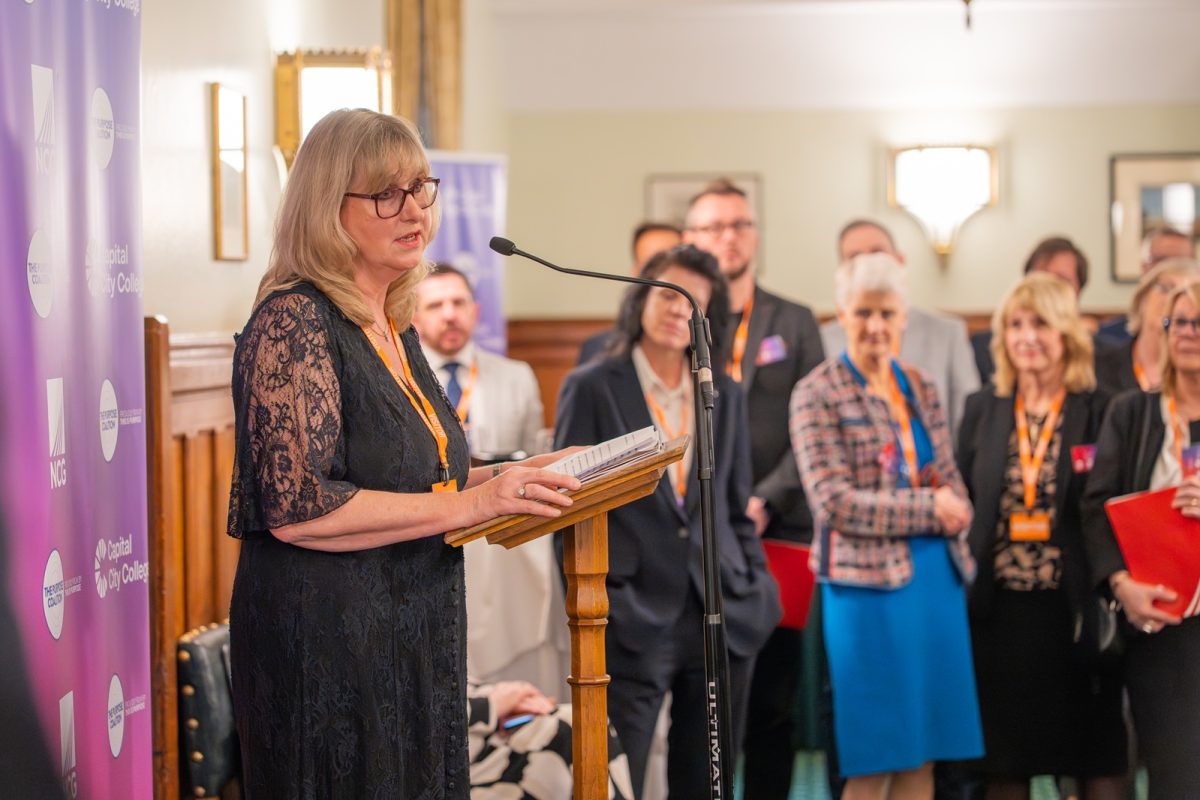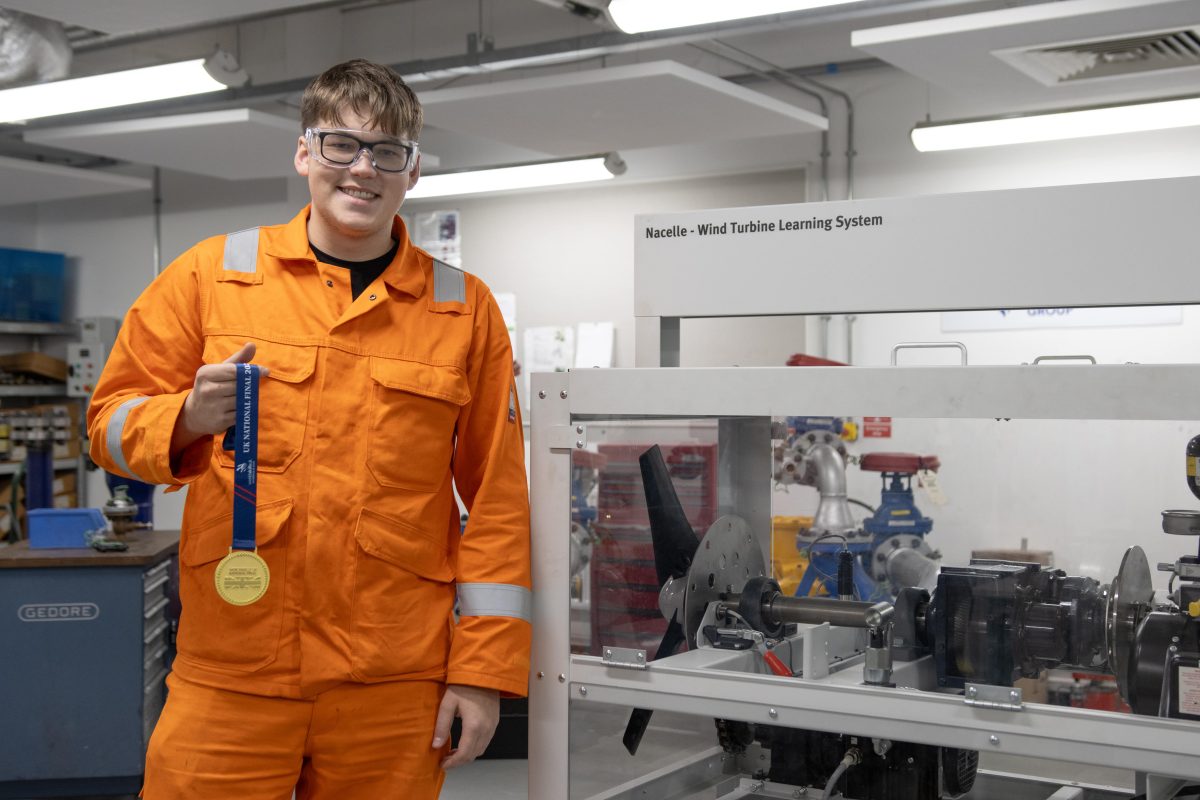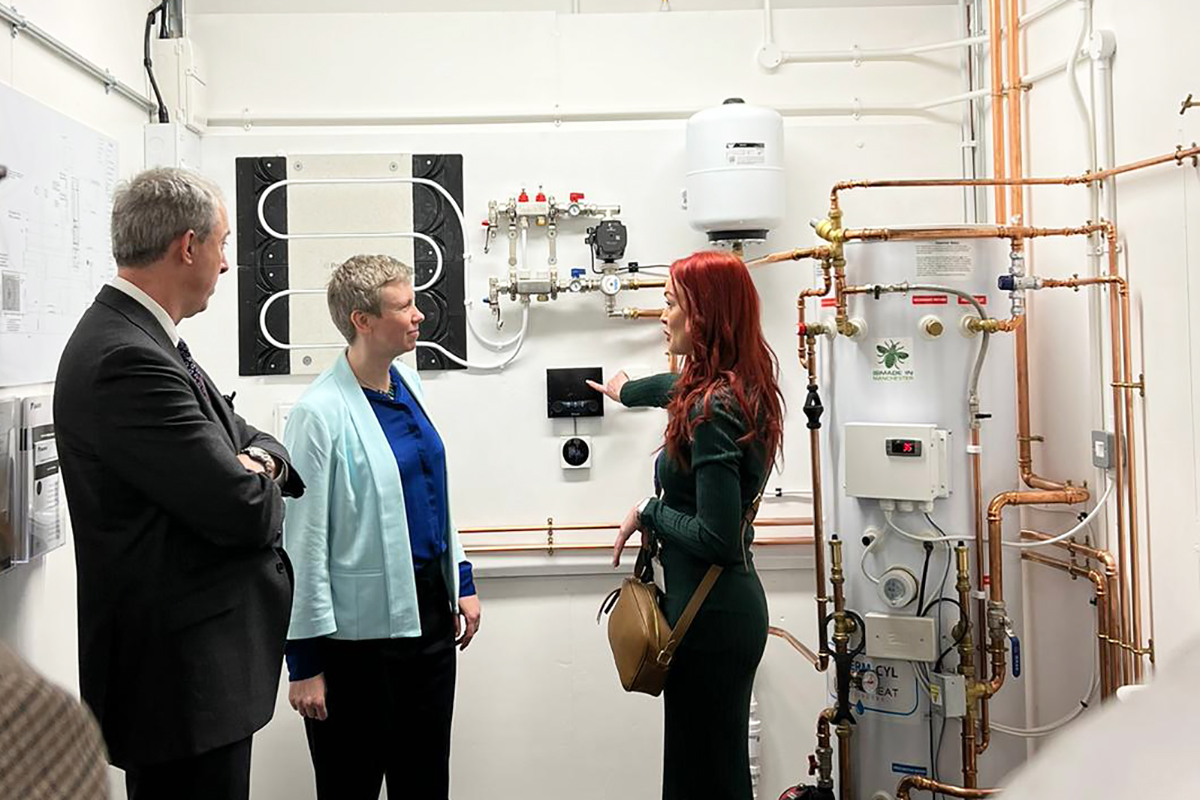£60M Innovation Fund for International Collaboration

UK researchers and innovators will work with counterparts across the planet to tackle global challenges such as the effect of Artificial Intelligence #AI on society and individuals’ happiness and wellbeing following a major funding announcement.
Innovative UK companies will also be supported to develop into new markets following the announcement of the second wave of UK Research and Innovation’s (UKRI) Fund for International Collaboration today, Friday 9 August 2019.
Scientists will receive a new £60 million cash boost to work with researchers across nine countries to tackle some of the world’s biggest environmental and health challenges.
The funding announced today by Business Secretary Andrea Leadsom will be matched from international collaborators from countries including India, China, the US and Japan. It brings the total UK investment in international scientific collaborations to more than £1.5 billion.
Business Secretary Andrea Leadsom said:
“The UK has a well-earned reputation for world-class research and innovation. Programmes like the Fund for International Collaboration have put us at the forefront of a global network of academic and business partnerships tackling some of humanity’s greatest challenges, from the impact of climate change to critical health issues.
“As we prepare to leave the EU on 31 October, each of these projects reflect our wholehearted commitment to continuing our track record of driving forward international collaborations in science and research and making the UK a science superpower. These ground-breaking initiatives will not only help tackle major issues, including the spread of infectious diseases, they will create jobs and drive economic growth across the UK.”
The thirteen partnerships, supported with £60 million from UKRI and at least £45 million in matched partner funding with additional in-kind support, will see UK researchers working with collaborators in ten countries, including the USA, Canada, Japan and India.
New projects include:
- A collaboration between UK, US, Israeli and Chinese researchers to improve our understanding of how deadly diseases such as Zika, Ebola and Anthrax emerge, alongside other infectious diseases affecting food security, and how we can prevent and tackle them
- Two initiatives with Canada and Japan, exploring the socio-economic impacts of AI technologies on different parts of society in order to build competitive, resilient and healthy economies and societies through responsible AI
- A programme that will examine subpolar ocean currents in the North Atlantic that will generate valuable new knowledge on how they affect global climate patterns.
- An initiative to support UK companies to explore markets in the USA, India, Singapore and Canada and boost collaboration
- A new centre established with partners in India to develop high power lasers with healthcare applications such as imaging, therapeutics and biomedical applications.
UK Research and Innovation Chief Executive, Professor Sir Mark Walport, said:
“The partnerships announced today highlight the importance of international collaboration in addressing major global research questions, from climate change to infectious diseases and artificial intelligence.
“The Fund for International Collaboration will ensure that UK researchers and innovators are at the forefront of global efforts to tackle these challenges, delivering benefits that will be felt here in the UK and throughout the world.”
The Fund for International Collaboration aims to enhance the UK’s excellence in research and innovation through global engagement, forging new bilateral and multilateral research and innovation programmes with global partners.
As part of the first wave of Fund for International Collaboration programmes, announced earlier this year, ten projects have now been funded which will see UK researchers collaborate with counterparts in Japan together to tackle major global challenges, from the HIV virus to earthquakes and pollution.
The projects are being supported with £4.7 million of funding, delivered by UKRI and match-funded financially and in-kind by the Japan Society for the Promotion of Science (JSPS). For summaries see the Notes to Editors section.











Responses